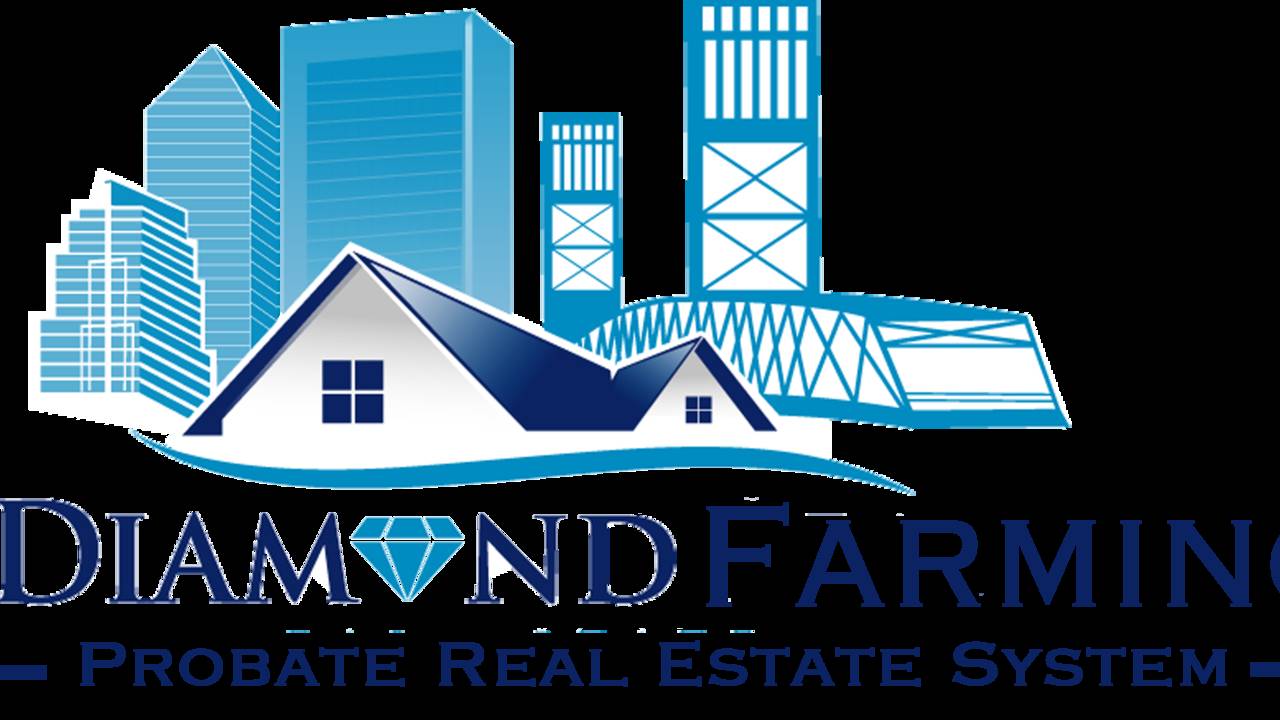1) RESEARCHING THE FILE (Calif. Court Houses)
In each probate file, you will find a variety of forms pertaining to the probate real estate process. Most of these forms don’t have the pertinent information we need. If you concentrate only on what you are looking for and don’t try to understand every detail on every form, you will have an easier time learning the system and spend a lot less time researching files. After you have searched through a few dozen files, you will begin to master the mechanics of probate real estate as a Probate Agent or Investor.
Now, under the old system, if you are researching online or cutting out your “Notices to Petition” and searching the tax rolls for property owners in your target area, you will research from the comfort of your own PC or head down to the courthouse on Friday to research these files. You may have anywhere from 10 to 25 files to research; before you fill out cards for everyone and hand them all to the file clerk, ask how many cards you can hand them at a time. If you do this, file clerks will see you are trying to make their job easier and be more inclined to help you. The Alameda (my area of tracking) courthouses have two different systems: Hayward allows 10 cards at a time, but Oakland allows only 3. They file in numerical order, so make sure your case file numbers run in order so they can pull the files without having to backtrack. Again, after you research a few dozen files, you will begin to master the mechanics of probate.
As of 2004, most court file rooms are online, so you can access the register of actions for each file directly from their computer or do it from your home. Ask the court file room clerk how the process works; this may save you time filling out file cards. Not all courts are online or have the probate files available, however, so check it out.
•2. PETITION FOR PROBATE (Probate Agents Bible)
The first form to examine in the probate file or online is still the “Petition for Probate” On the “Petition to Probate”, the attorney for the estate requests the court approve the petitioner as executor. The petition confirms who the executor is likely to be. This is the person you will contact first. The person should be the same one named in the Notice to Administer the Estate where you started and will be referred to as “Petitioner.” This person will make or break your probate real estate business
Write the name of the person or persons requesting court approval as executor on your tracking sheet under (Executor’s Name). On the back of the petition, or more likely, on a separate sheet which lists all the heirs’ names and addresses, you will find the petitioner’s (executor’s) name, address, and relationship to the deceased. Note it!
On the “Petition for Probate”, you’ll see a statement indicating whether the executor is to have full authority or limited authority to act under the Independent Administration of Estates Act. “Full Authority” is a key, as it allows the executor to sell the estate property directly to our client without having to go through the court red tape and confirmation process.
We look for estates that can act under full authority, but we can earn in either process. “Limited Authority” means that the executor must have court supervision for certain acts, including selling the real estate. Even if we find an executor who wants to give us our price, under limited authority, the offer may have to be confirmed in court, and the chance of having your discount purchase overbid is too high to waste time.
Today in our offers we ask the executor to petition the court for full authority if they don’t have it now. You can do this as long as the will doesn’t say the executor has to go through court confirmation. I will have more to say on this matter later. For now, we indicate on the tracking sheet under “Will Information” whether the executor has full or limited authority.
“Petition for Probate” will have two boxes: Full Authority and Limited Authority.
•3. ADDRESS OF RESIDENCE AT TIME OF DEATH (Usually the Probate Real Estate Property)
This is the property we are going after. This will tell you if the property was the decease’s residence at the time of death. If it was, there is a good chance it may be vacant. The estate may want to sell the property quickly if it is vacant to avoid possible vandalism or having to visit the property to check things out. You may want to make a note on the tracking sheet if the property is vacant by placing a “V” next to the Subject Property Address item.
It is also possible the deceased owned more than one piece of property; if so, it may be named in the will, but the best bet is to check the assessor’s rolls (MLS Tax search) to see what the deceased owned. If you do a name search in the county where the property is located, you will find all property any particular person owns. This is the research which will make you a top Probate Agent.
•4. PROPERTY VALUE OF THE ESTATE
Next on the “Petition for Probate”, the estate’s executor estimates the value of any personal or real property owned by the estate. You will see how the property you are tracking is valued by the executor. This will give you an indication of what the estate feels the property is worth. It will not guarantee a sales price, but it will give you a starting point.
Many times, the estimated value of the estate will be much lower or higher than you know property in the area is worth. We use this value from the estate as a hint to the executor’s frame of mind in regard to value. Remember, there is no court appraisal under IAEA, so if the estate feels the property is worth $300,000, you know it’s worth $325,000, and make an offer for your client for $270,000, then you have built in a $55K equity position, even though in the estate’s mind it was only a 10% discount to your client. If this was a court confirmation sale, the official court appraisal would have had to come in at $300K, and this does happen. Remember, these are accountants doing a drive-by appraisal.
The other side of this coin is if the estate thinks the property is worth $350K and you know it’s worth only $325K; in this case, the chance of you selling your client the property for $275K is going to be tough. Not that it can’t be done; you will have to educate the executor on the actual value, deduct expenses, including fix-up, commissions, and holding costs, to re-establish the true value. The better way is to have the appraisal challenged. More on this later….
List the estate’s estimate of value on your tracking sheet under Subject Property Information.
•5. PERSONAL PROPERTY (Not Probate Real Estate)
You will notice next to the real estate value on the Petition to Probate, there will also be a personal property value. This tells you what the liquid assets of the estate are. If the number is large, there may be personal property (cars, jewelry, furniture, antiques, etc.) you may be interested in and can pursue. Later, in the Inventory Statement, everything will be listed and a value given by the court referee. If you want to chase personal property, this is your starting point.
I personally don’t chase personal property. Over the past 25+ years of buying/selling probates, I’ve found the heirs usually pick over the valuable personal property and what is left is usually flea market items. In my opinion, this is a waste of time, but if you’re interested, this is where you start.
So this is how we start our research either online or direct at the courthouse. Once you know this system you will spend less than 1 hour per courthouse per week doing your research so not a big deal.
Of course, you don't’ have my Probate Tracking Sheet or the Petition to Probate but my probate real estate system will give you all this but if you just want to take a look at my tracking sheet let me know. Buying probate homes for yourself, investors or end-user buyers is a Six Figure Per Year Biz and anyone.
PS. I GIVE AWAY probate tips and info on a daily basis.
If you'd like to receive more inclusive info, simply sign up and you'll receive it. It's FREE and you'll also receive my e-book "The 5 Ways to Earn Working Probate Real Estate".
// //

Comments(0)